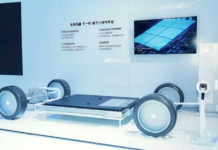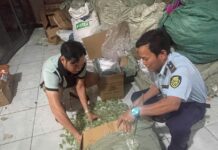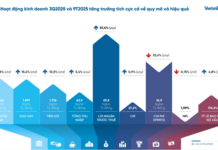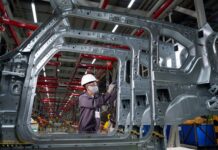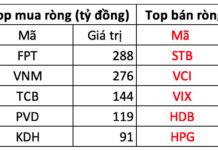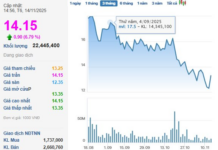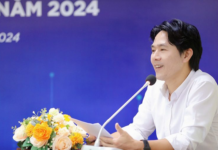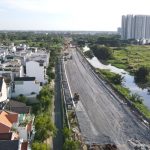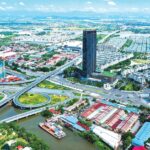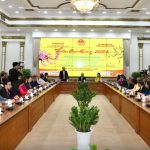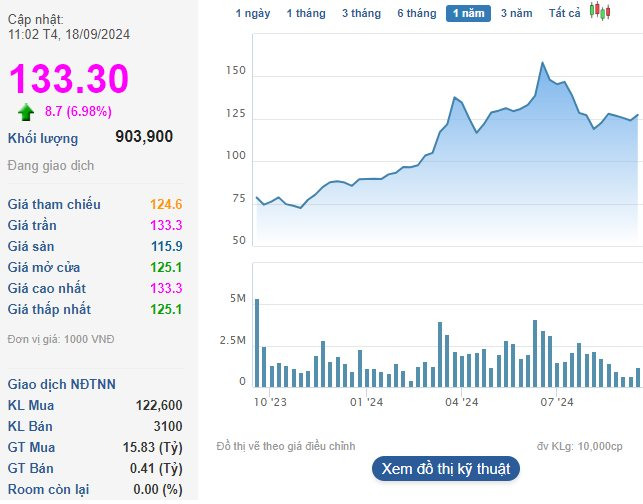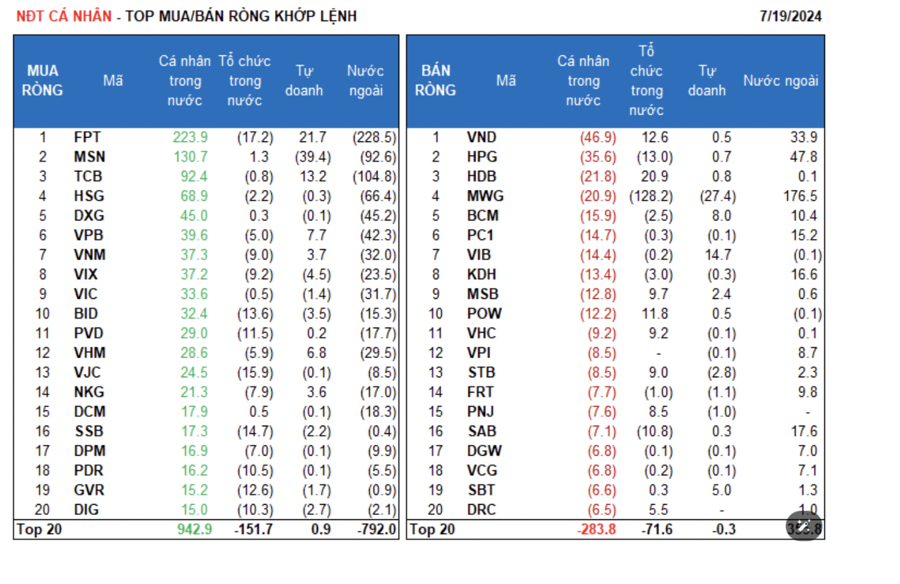The Asia Meeting of the Econometric Society (AMES) 2024 in Ho Chi Minh City witnessed an insightful roundtable discussion chaired by the city’s People’s Committee Chairman, Mr. Phan Van Mai. The event, held on August 2nd, was a part of the larger AMES conference, which took place from August 2nd to 4th.
International Cooperation Holds Significant Importance
During the discussion, leaders of various departments and sectors joined renowned economists to outline short- and long-term orientations for the city’s economic and social development.
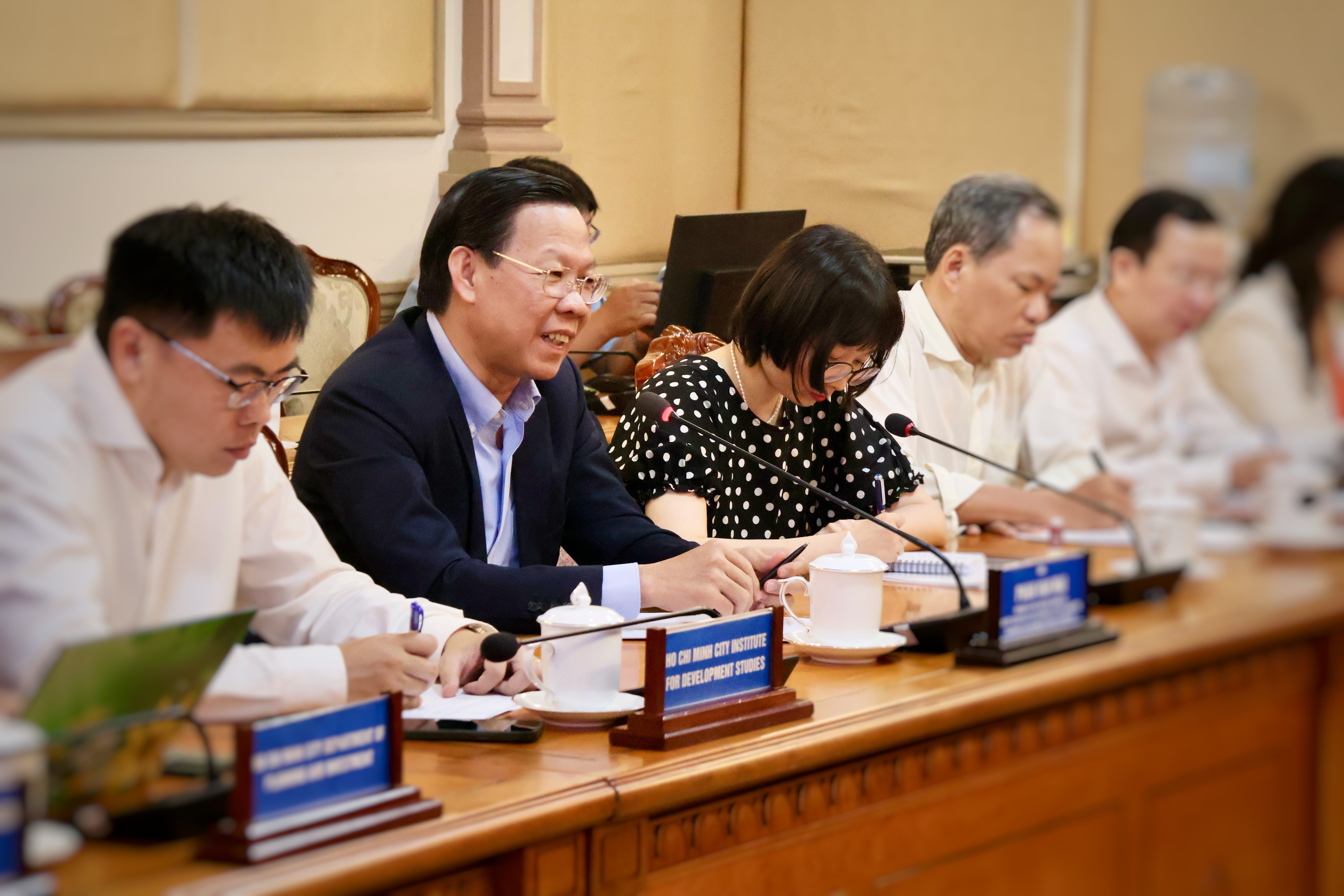
AMES 2024 economists presented concise summaries of four scientific reports covering global economics, demographics and social welfare, climate change, and talent attraction strategies.
Mr. Mai expressed his appreciation for the choice of Ho Chi Minh City as the conference venue, acknowledging the presence of numerous economists from around the world. He viewed this as a valuable opportunity for the city to access scientific research vital for its economic growth.
Characterizing Ho Chi Minh City as young and dynamic, Mr. Mai highlighted its openness and cultural diversity, underscoring its appeal to foreigners seeking to live and work there. Looking ahead to 2050, he envisioned a city undergoing a substantial restructuring and transition, emphasizing enhanced service quality and a focus on high technology, digital transformation, and green initiatives for sustainable development.
“To lay the foundation for this development, Ho Chi Minh City is vigorously pursuing three key objectives: completing connective infrastructure, refining management practices, and preparing resources, with a particular emphasis on human resources,” Mr. Mai explained. He emphasized the city’s need for international cooperation and connections with organizations and experts in realizing this strategic vision, complementing its internal strengths.
Echoing this sentiment, Professor Nguyen Duc Khuong, Executive Director of EMLV Business School and AVSE Global Chairman, who also co-chaired the AMES 2024 conference, highlighted the presence of numerous experts from top global universities, including Vietnamese professors. He anticipated that the conference would foster knowledge exchange, offer insights, and create opportunities for collaboration between entities in Ho Chi Minh City and Vietnam.
A Range of Solutions Proposed
Professor Khuong weighed in on the green transition, acknowledging its complexity and the unique challenges faced by each nation. He pointed out the substantial financial resources required for such a transition and anticipated that Vietnam, as a developing country, would encounter greater difficulties than more advanced economies.
“Ho Chi Minh City and Vietnam must resolve intricate challenges to achieve a future green transition,” Professor Khuong stated. He suggested that a shift in mindset was imperative and could be facilitated through educational programs at various levels. Equipping future leaders and entrepreneurs with a clear understanding of the green transition would facilitate policy formulation and implementation.
Professor Khuong also advised that the city should periodically organize green finance and green transition forums, engaging leading experts in these fields. Ho Chi Minh City has attracted the interest of foreign investors, particularly responsible investment funds, for infrastructure projects with positive environmental and sustainability impacts. Therefore, these forums could serve as platforms for knowledge exchange and the mobilization of expertise.
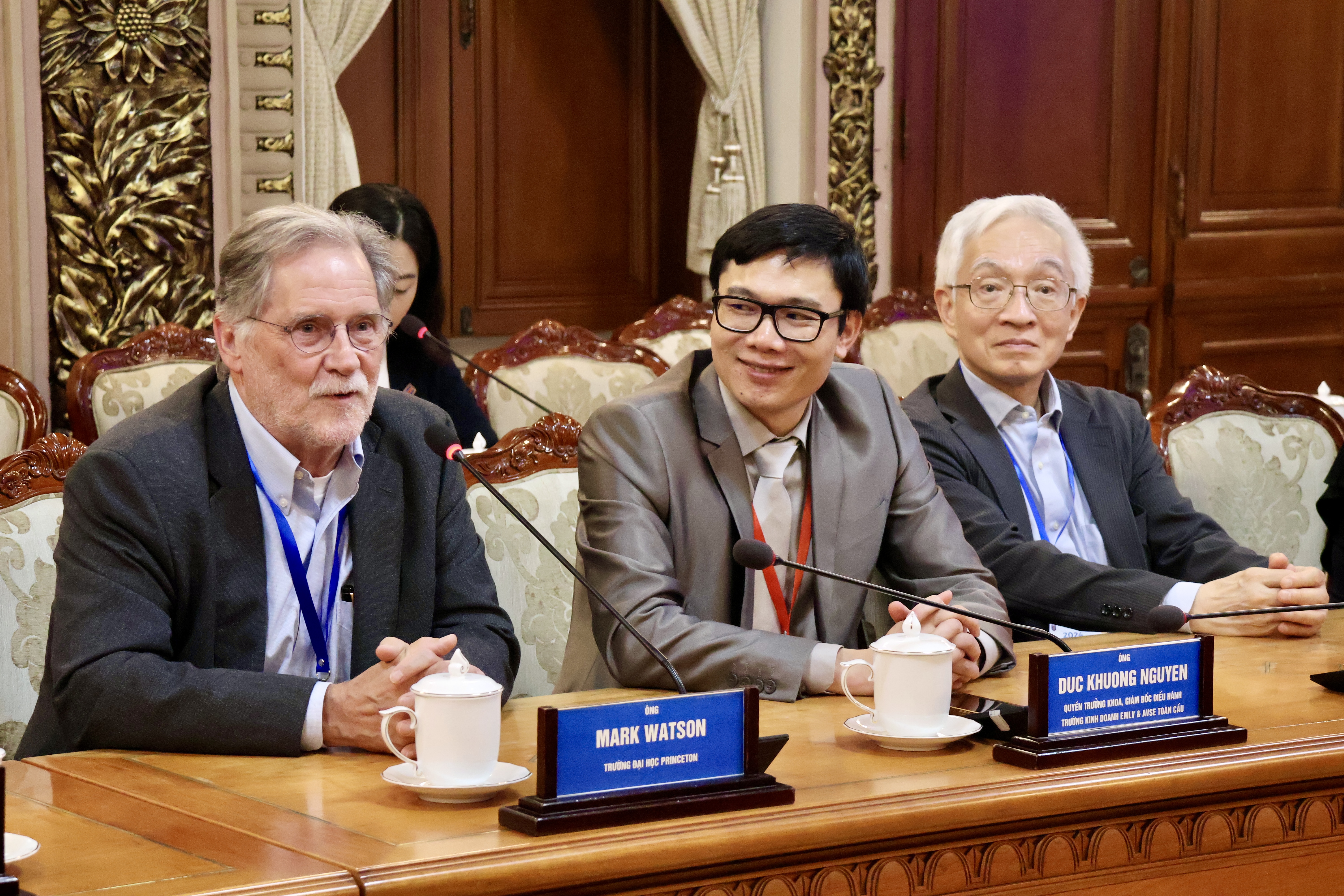
“We should regularly create forums focused on green finance and green transition, bringing together individuals passionate about sustainable development,” Professor Khuong emphasized. “Even monthly online meetings could be organized to engage experts from diverse locations in discussions and consultations.”
Additionally, Professor Khuong suggested that fostering robust small and medium-sized enterprises (SMEs) was essential for the emergence of powerful conglomerates. He recommended supporting these businesses through innovation and research and development, providing them with technologies to enhance their value proposition. This approach would enable them to compete globally and attract substantial foreign investment. He drew parallels with pioneering Vietnamese companies like Viettel and FPT, which had taken decades to build their global presence.
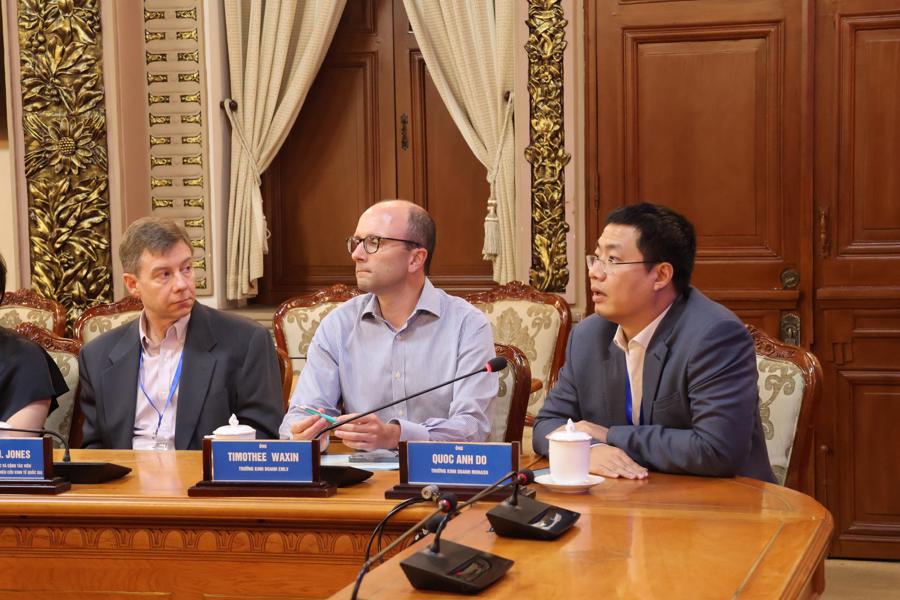
Associate Professor Do Quoc Anh from Monash University, Australia, shared his positive impression of Ho Chi Minh City’s commitment to enhancing transparency and accountability in its institutions. From an economic researcher’s perspective, he viewed this as a cornerstone for long-term development and improved public services. Additionally, he emphasized the importance of developing a strong university system to attract and retain talented individuals in both basic and applied sciences.
Drawing from personal experiences, Associate Professor Quoc Anh suggested that developed countries often encourage competitive project systems to motivate domestic researchers and attract those living abroad. He cited China’s successful implementation of this approach over the last two decades. While acknowledging that Vietnam has a promising research funding system, he noted that it needs to expand its reach. Nonetheless, Ho Chi Minh City exhibits potential in research funding and talent attraction.
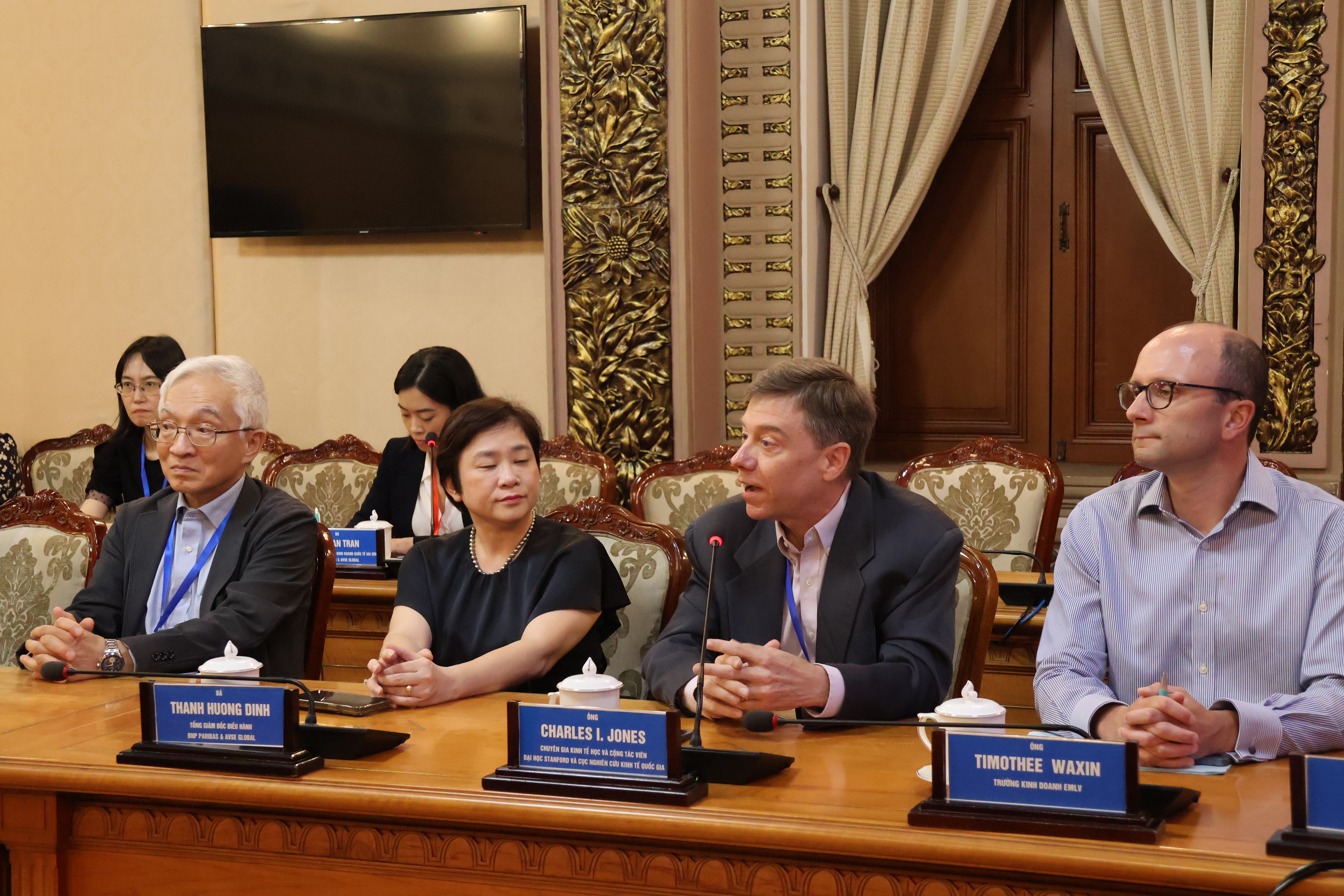
Dr. Charles I. Jones from Stanford University, USA, advised that establishing a robust foundation for Ho Chi Minh City’s and Vietnam’s development required new legal frameworks to ensure fair competition. He also emphasized the importance of fostering inter-regional connectivity and synchronizing competition across different regions to promote holistic development.
Comprehensive regional connectivity
In addition to building strong physical infrastructure, Ho Chi Minh City needs to strengthen its soft connections with other provinces in the region in order to promote economic development. This includes prioritizing the training of skilled workforce and ensuring access to quality healthcare.



